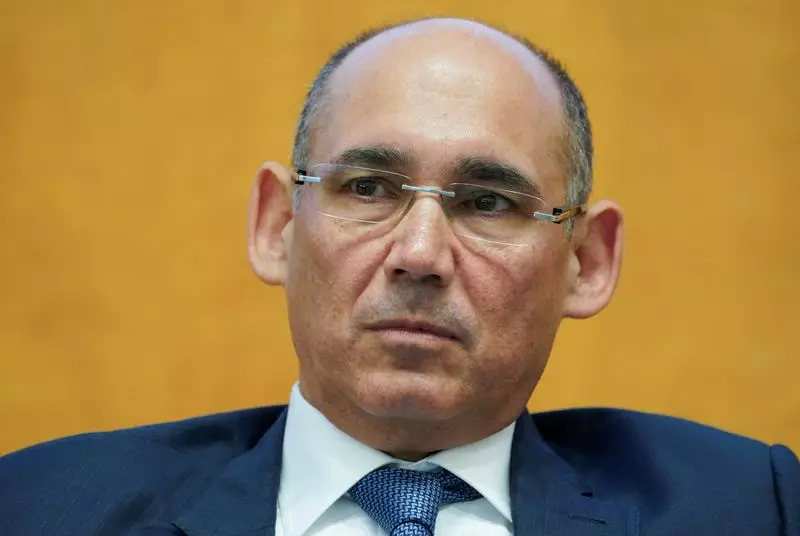In a statement made on Wednesday during the World Economic Forum, Bank of Israel Governor Amir Yaron elucidated potential shifts in the nation’s monetary policy for the latter half of 2025. Highlighting observations from inflation trends, Yaron noted that the possibility of reducing short-term interest rates could arise if inflation dips below the 3% threshold. Despite recent inflation numbers indicating a decrease to 3.2% in December, just above the central bank’s target range of 1-3%, Yaron anticipates a rise in inflation pressures in the earlier months of 2025. This prediction reflects the complexities of navigating fiscal and economic uncertainties uniquely faced by Israel.
Yaron elaborated on his inflation outlook, suggesting that the initial half of 2025 might experience a continued increase in inflation before a gradual moderation aligns with the central bank’s goals. His insights suggest a nuanced understanding that while immediate pressures may buffer against the easing of rates, there remains a cautious optimism that inflation will stabilize later in the year. Yaron’s remarks reflect a careful balance between managing current challenges and anticipating long-term recovery, emphasizing the central bank’s watchful stance.
Recent history underscores the need for vigilance; the Bank of Israel had previously implemented significant rate hikes, lifting the benchmark from an unprecedented low of 0.1% to 4.75% between 2022 and 2023 to combat rampant inflation. The economy felt the repercussions of these decisions heavily, with a temporary reduction of 25 basis points in January 2024. The sustained rate of 4.5% since then highlights ongoing concerns influenced by external factors, particularly the geopolitical tensions with Hamas that have significantly impacted the economy.
The tumultuous backdrop of the conflict has manifested tangible consequences, notably on the Israeli shekel, which has reflected a volatile trajectory. In recent weeks, Yaron reported a 2.5% appreciation of the shekel against the dollar, alongside a reduction in Israel’s risk premium following recent ceasefires. Yaron characterized these developments as pivotal in shaping the bank’s response to inflation. He recognized that if inflation reduces swiftly and the currency maintains strength, the Bank could potentially adopt a more proactive approach to monetary easing.
However, this outlook is tempered with caution, as Yaron reflected on the lingering effects of increased fiscal spending, driven largely by military expenditures. The policy adjustments necessary to rein in inflation contrast sharply with the financial pressures that accompany a heavier debt burden projected for 2025, alongside a deficit within the realm of 6.9% of the GDP recorded last year. These economic fundamentals present a challenging narrative that underscores the need for strategic policymaking and vigilant oversight to secure financial stability.
The contradictory signals presented by the economy pose further complications for Yaron’s forecasts. While he expressed optimism over growth recovering to an anticipated 4% in 2025, he stressed that persistent inflationary pressures or renewed geopolitical crises could necessitate extended tight monetary policy. This emphasis on the need for a careful approach to economic management highlights the volatile nature of the current environment.
Future government fiscal policies are also critical to consider, with Yaron commending proposed austerity measures focusing on budget cuts and tax escalations intended to mitigate the deficit risk. Given the state of fiscal ethics seen through the lens of military and economic pressure, the government’s ability to balance these priorities will be scrutinized closely.
In sum, Governor Amir Yaron’s recent comments present a multifaceted perspective on Israel’s economic horizon. From the intricate dynamics of inflation to the potential for interest rate adjustments, he illustrates the challenges ahead for the Bank of Israel as it seeks stability in a turbulent environment. The intertwined forces of fiscal policy, external pressures, and cautious optimism will undoubtedly play a crucial role in shaping Israel’s economic future, steering the nation toward recovery while keeping a vigilant eye on inflation trajectories and geopolitical developments.

